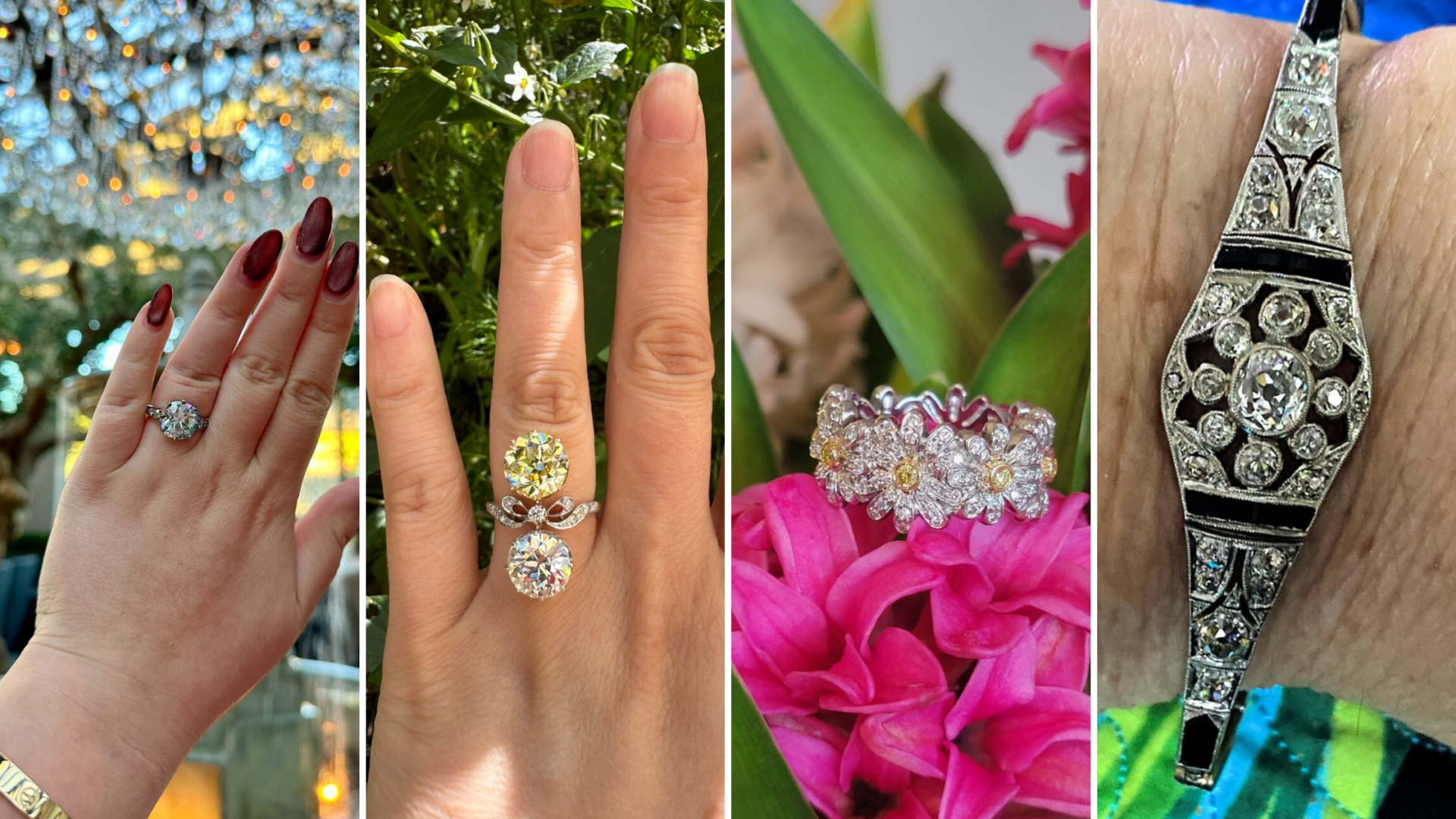I read the archives on the topic, but still have some questions. My apologies if this has been answered before.
We got engaged this weekend (yay!), and are working on getting the ring insured. We now have two appraisals, one that came from an independent appraiser and was obtained by WF, and another that we got on our own. The problem is, we were given two different appraisal values. The original appraisal gives the estimated retail value, which is 50% above what we actually paid for it. The new appraisal gives the current retail market price, which is basically what we paid for it.
My first question is: which amount do we use for insurance purposes?
I am a bit put off by the second appraisal, which confirmed to us what we already knew: the diamond and setting characteristics and what we paid for it. I''m feeling cheated out of $75 right now.
I am wondering what purpose the second appraisal is serving?
I know that if I had to replace the ring in 10 years, we would not be able to get it at the same price as what we paid today. Heck, I know the price of a similar ring at a regular jewelry store is currently much higher than what we paid for it. So why give the current retail market price as the amount that we paid for it? The retail value seems more appropriate in terms of future replacement cost. At the same time, I wouldn''t want to pay premiums for an inflated value. When I mentioned my concerns about future replacement cost, the second appraiser suggested that we get it re-appraised every two to five years. Is this correct?
Please help!
G
We got engaged this weekend (yay!), and are working on getting the ring insured. We now have two appraisals, one that came from an independent appraiser and was obtained by WF, and another that we got on our own. The problem is, we were given two different appraisal values. The original appraisal gives the estimated retail value, which is 50% above what we actually paid for it. The new appraisal gives the current retail market price, which is basically what we paid for it.
My first question is: which amount do we use for insurance purposes?
I am a bit put off by the second appraisal, which confirmed to us what we already knew: the diamond and setting characteristics and what we paid for it. I''m feeling cheated out of $75 right now.
I am wondering what purpose the second appraisal is serving?
I know that if I had to replace the ring in 10 years, we would not be able to get it at the same price as what we paid today. Heck, I know the price of a similar ring at a regular jewelry store is currently much higher than what we paid for it. So why give the current retail market price as the amount that we paid for it? The retail value seems more appropriate in terms of future replacement cost. At the same time, I wouldn''t want to pay premiums for an inflated value. When I mentioned my concerns about future replacement cost, the second appraiser suggested that we get it re-appraised every two to five years. Is this correct?
Please help!
G







300x240.png)